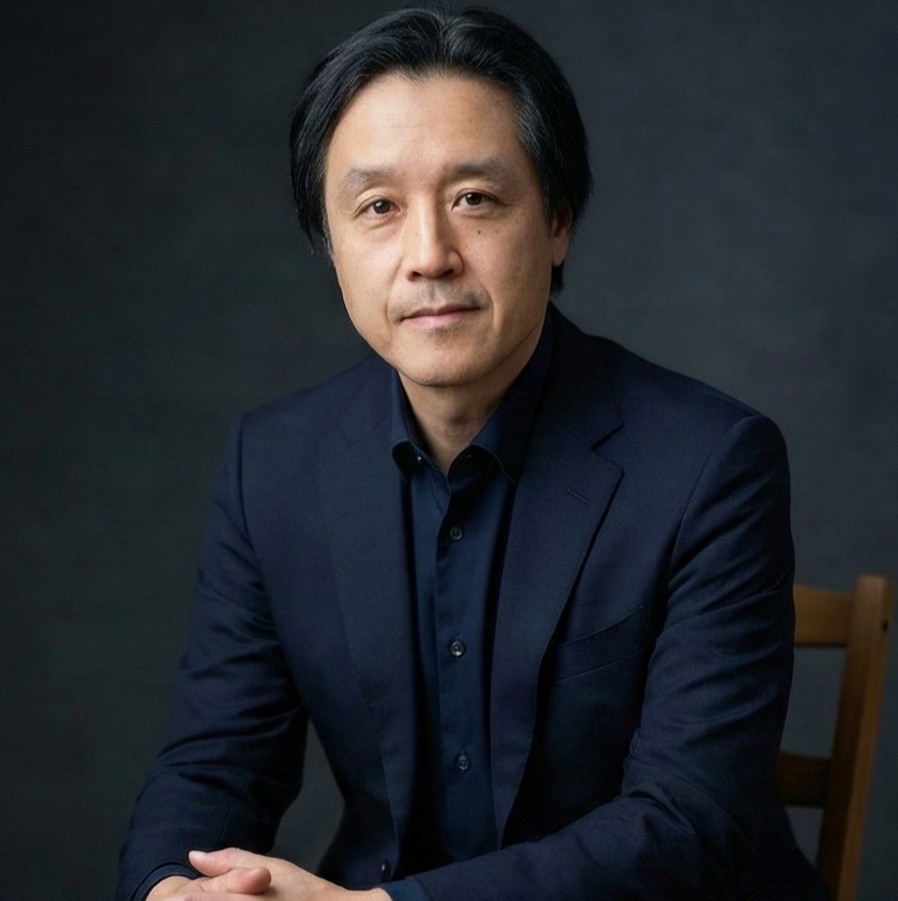Symposia overview
The upcoming Frontiers symposium, Artificial Intelligence (AI) at the crossroads of impact, sustainability, and responsibility, will take place from 4 to 6 February 2026 in Tokyo, Japan. The event is brought to you in partnership between the Royal Academy of Engineering and Japan Science and Technology Agency. The event will bring together leading researchers, innovators and practitioners to explore how AI can be harnessed responsibly to generate meaningful economic, social, and environmental benefits by focusing on its practical use to enhance education and skills, drive sustainability, and foster inclusivity, ensuring AI becomes a force for social good across a range of contexts globally.
The event will offer a unique opportunity for delegates from different disciplines to connect and network with experts from around the world, and to explore cross-cutting issues through three sub-themes:
- Responsible AI - focuses on applying AI to benefit individuals and communities through ethical, transparent, and inclusive approaches. It emphasises human-centred design that respects local contexts, languages, and cultures, while using practical AI to strengthen communities, improve quality of life, and enhance resilience particularly in low-resource settings. The sub-theme also highlights collaboration between communities, policymakers, and technologists, supported by transparency and explainability, to create socially responsible AI solutions that address real-world challenges.
- Efficient and Sustainable AI - focuses on developing AI systems that are environmentally responsible, energy-efficient, and globally accessible. It promotes the use of smaller, task-specific models and sustainable hardware to reduce resource consumption, while supporting open-source collaboration and equitable access to AI technologies. The sub-theme also emphasises creating tools and practices that monitor and minimise AI’s ecological footprint, ensuring sustainable innovation benefits all regions, including those with limited resources.
- Education in the age of AI - focuses on preparing individuals and communities to use and understand Artificial Intelligence responsibly and effectively. It emphasises integrating AI into education systems to build digital and ethical literacy from an early age, developing training and curricula that promote sustainability and inclusivity, and supporting lifelong learning and re-skilling. The sub-theme also explores how AI can enhance learning experiences, expand access to knowledge in low-resource settings, and encourage interdisciplinary collaboration to meet evolving societal and workforce needs.
Symposium format
- Event structure: at the core of the event there will be three cross-cutting, challenge-led sessions that bridge different disciplines. Please familiarise yourself with the structure by reading some of our previous event reports
- Participants arrive: on the evening of 3 February, with a welcome dinner and networking to start the event.
- Participants will be: from all disciplines (i.e. not just for engineers) and sectors, and from all around the world.
- Event cost: There is no cost to participants for attending the event. We welcome a diverse group of participants and offer to cover your travel, accommodation and subsistence costs during the event. We actively encourage candidates from a diverse range of backgrounds. If there is anything we can do to support your applications or participation related to any access requirement, please let us know. Please note: we do not cover usual salary costs.
Post-event funding
Seed funding grants worth £20,000 over one year will be awarded to successful collaborations developed via the symposium. See here previous grant awardees to familiarise yourself with the types of projects.
Event Chairs

Professor Maja Pantić FREng - Natwest Group, UK
Professor Maja Pantić is the inaugural Chief AI Research Officer of Natwest Group, a UK-focused banking organisation which is at the forefront of integrating advanced AI into banking operations. She is also a professor in AI at Imperial College London. Previously, she was a Generative AI Research Director at Meta AI and a Research Director and Co-founder of the Samsung AI Centre at Cambridge. Professor Pantić has co-authored more than 500 papers with more than 50k citations and she has an h-index of 109 to date. Professor Pantić has received various awards for her work on automatic analysis of human behaviour, including the 2020 IAPR Maria Petrou Award and the 2011 British Computer Society Roger Needham Award. She has served as an Associate Editor in top AI journals, including the International Journal of Computer Vision and IEEE Transactions on Pattern Analysis and Machine Intelligence. She is a Fellow of the UK Royal Academy of Engineering, an IEEE Fellow, and an IAPR Fellow.

Professor Tomohiro Shibata - Kyushu Institute of Technology, Japan
Professor Tomohiro Shibata received his Ph.D. from the University of Tokyo, Japan, in 1996, continued his robotics study as a JSPS (Japan Society for the Promotion of Sciences) researcher, and then worked on computational neuroscience research using a humanoid robot at ATR (Advanced Telecommunication Research Institute) as a JST researcher. Since 2014, he has been a Professor at the Kyushu Institute of Technology where he promotes interdisciplinary research bridging robotics, artificial intelligence, neuroscience, and welfare engineering.
He established and manages the Smart Life Care Co-Creation Laboratory, which has served since FY2020 as a Living Lab under the Ministry of Health, Labour and Welfare’s Project for the Development, Demonstration, and Dissemination of Robotic Devices for Nursing Care, supporting companies in the co-creation and practical deployment of care and rehabilitation technologies. He has received numerous awards for his research contributions, including the Fellow Award from the Robotics Society of Japan (RSJ) and the Excellent Paper Award from Advanced Robotics. He has also delivered numerous invited talks and keynote lectures at major international conferences and academic societies. He is a member of IEEE, the Institute of Electronics, Information and Communication Engineers (IEICE), the Japan Society of Mechanical Engineers (JSME), and so on.
